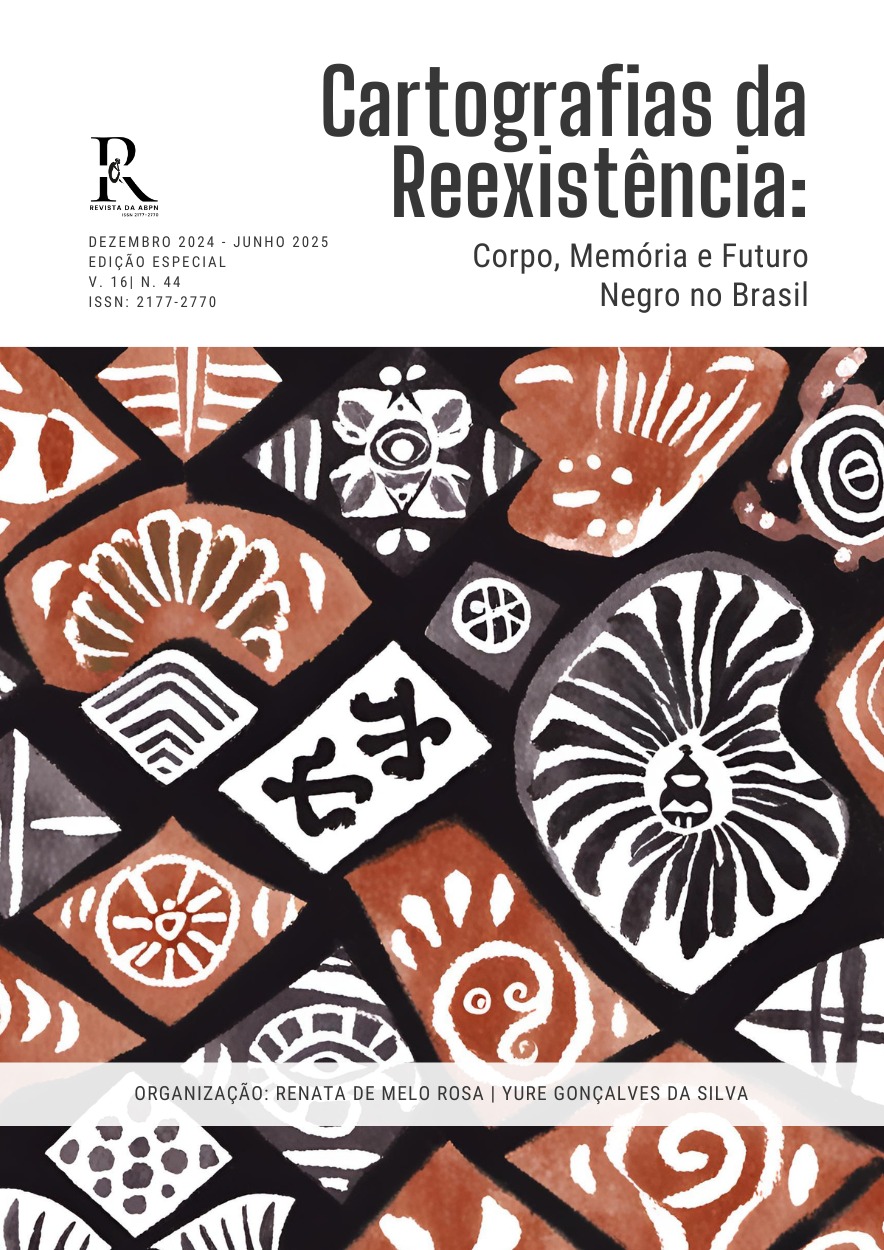“O QUE EU TRAGO NESSE BALAIO VALE MUITO MAIS QUE TODO O OURO DO MUNDO” NOTAS SOBRE O RECONHECIMENTO DAS REFERÊNCIAS CULTURAIS AFRO-BRASILEIRA COMO PATRIMÔNIO
Main Article Content
Abstract
In this paper, we seek to present some reflective notes on the recognition of the main cultural references of African origin as Brazilian cultural heritage, including samba, capoeira and the Candomblé terreiros, which are the best known and most widespread nationally. To this end, we start from the methodological principle of sociological practice as socially situated knowledge related to our being in the world and our lived experiences, through studies in which we assume a political and ideological position with pedagogical dimensions, adopting inter/multi/transdisciplinary approaches that prioritize the African legacy as a precondition in the identity construction of Brazilian black culture, centered on its essential elements (memories, ancestries and oral traditions), with a focus on its preservation, affirmation and appreciation, based on the protagonism of its subjects, from the perspective of an anti-racist education.
Article Details

This work is licensed under a Creative Commons Attribution 4.0 International License.
Copyright Statement
- Authors retain copyright and grant the journal the right of first publication, with work simultaneously licensed under the Creative Commons Attribution License CC-BY 4.0 which allows the sharing of the work with acknowledgment of the authorship of the work and initial publication in this journal.
- Authors are authorized to enter into additional contracts separately for non-exclusive distribution of the version of the work published in this journal (eg, publishing in institutional repository or book chapter), with acknowledgment of authorship and initial publication in this journal.
- Authors are allowed and encouraged to post and distribute their work online (eg in institutional repositories or on their personal page) at any point before or during the editorial process, as this may lead to productive changes as well as increase impact and citation of published work (See The Effect of Free Access).

